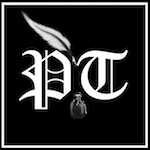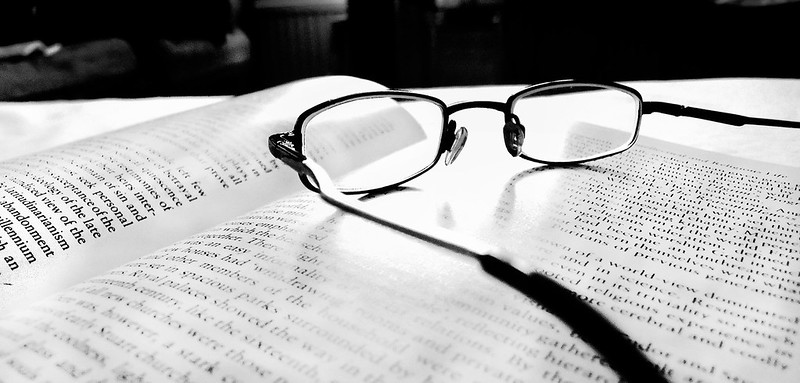For all the things we read in one day —
from CT scans to emails,
toxicology reports and lab results
to journal articles and EKGs —
I’ve learned that this work hinges
on fluency in reading eyes.
Frame and vault all at once,
they require a study of crinkling and widening lines.
Do you know what their eyes will look like,
peering out from beneath heavy quilts of worry,
in trenches as deep and lonely as defeat,
when a grip of fear tears through the mind?
Do you understand how they will squint
with a thundering howl of pain?
Or how they will shut with the rigid clench
of relentless, postured suffering?
Can you spot the blinking light on the bomb?
The tears that teem
and threaten to spill
in preamble to naked pleas for hope?
And do you know what these signs call you to do
when you find them? Will you let your pen
fall to the wayside with your algorithms
in the name of témoignage?
My attending turns to me as the door closes behind us,
we’ve picked a field that requires a lifetime of learning
to care for our patients —
it will serve us to be well-read.
Image credit: “Reading” (CC BY-NC 2.0) by JKim1
 Poetry Thursdays is an initiative that highlights poems by medical students and physicians. If you are interested in contributing or would like to learn more, please contact our editors.
Poetry Thursdays is an initiative that highlights poems by medical students and physicians. If you are interested in contributing or would like to learn more, please contact our editors.

